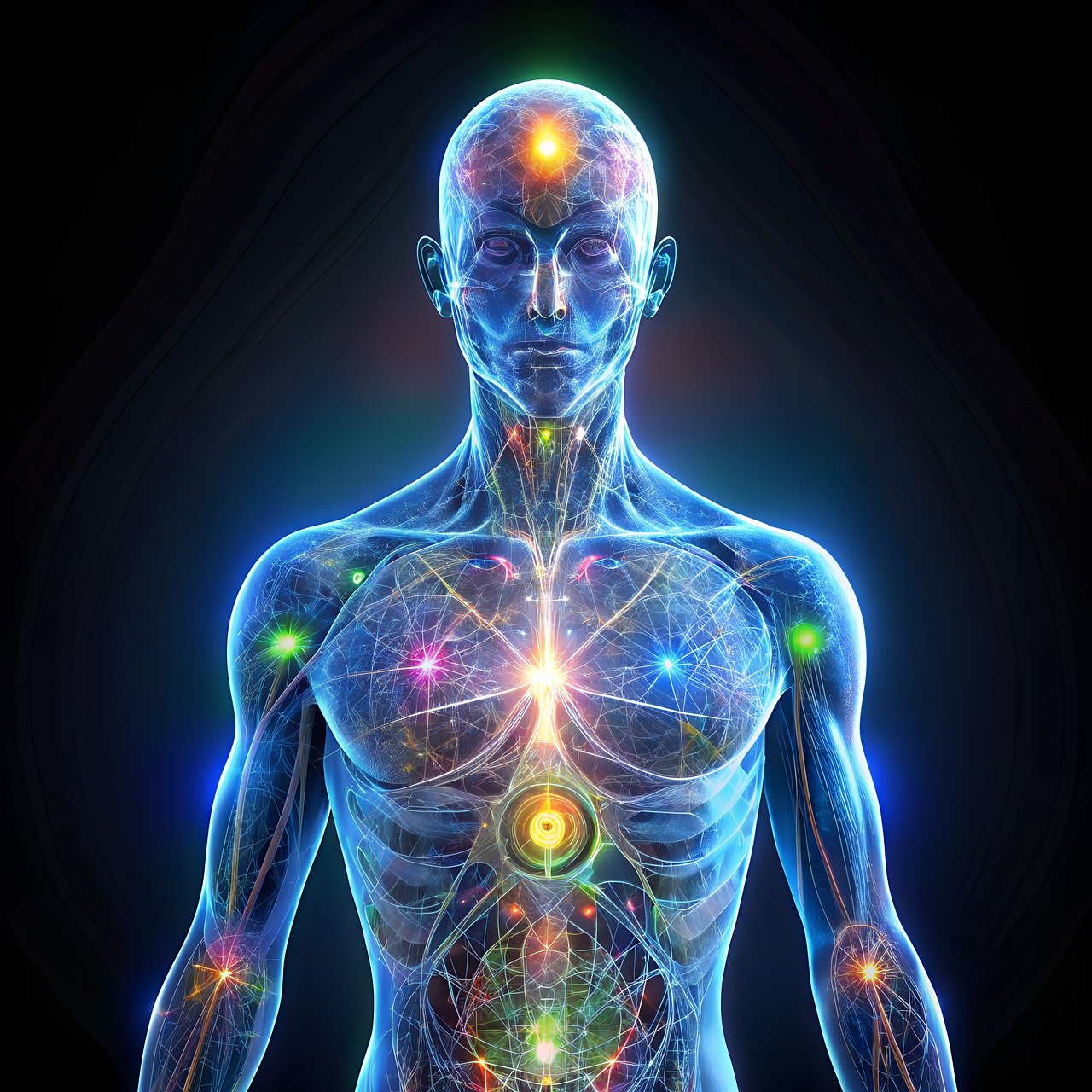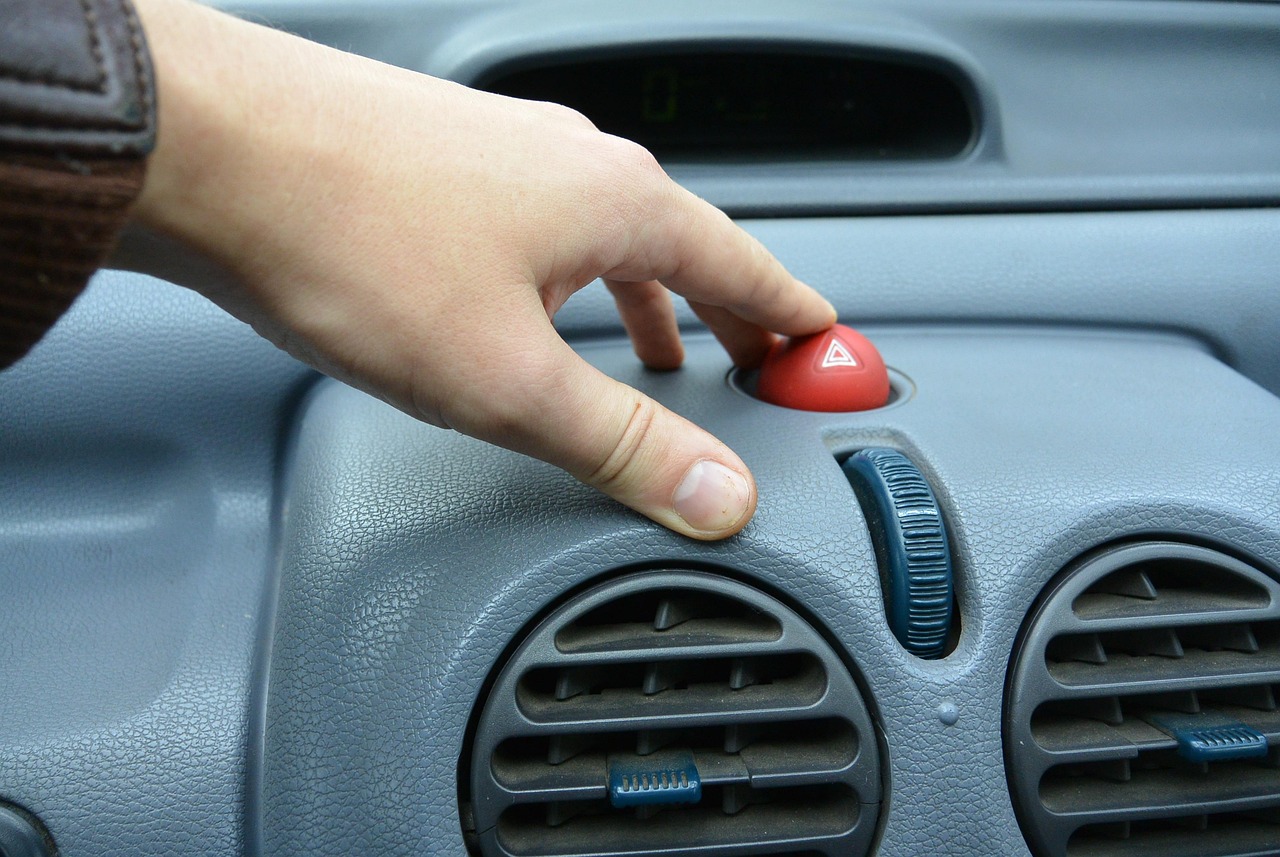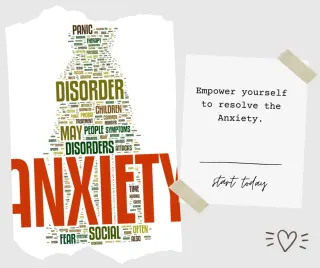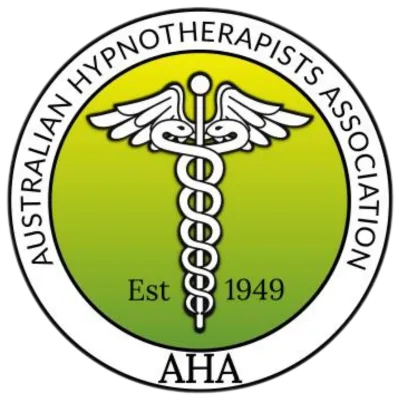THERAPY FOR ANXIETY
Practical, gentle hypnotherapy and nervous-system support to calm racing thoughts, ease tension, and restore choice—online or in-person
Steady your body, quiet loops, and choose calmly—without forcing or overwhelm.
IS ANXIETY KEEPING YOU ON EDGE? THIS SUPPORT IS FOR YOU
“I feel ‘not enough’ and stay on edge”
“My mind won’t switch off (bedtime or 3am)”
“Crowds, meetings, or social plans spike me”
“I want simple steps that actually help”
WHAT YOU'LL NOTICE AFTER ANXIETY HYPNOTHERAPY
Fewer spikes; faster recovery when they happen
A calmer body and steadier breath/sleep
Clearer boundaries and kinder self‑talk
More choice in the moment (less reactivity) (Everyone’s path is unique. Results vary.)
QUICK 2-MINUTE ANXIETY RESET: CALM YOUR BODY AND MIND
Orient: look slowly around the room, naming 5 neutral details
Breath pacing: in for 4, out for 8 (or double inhale + relaxed exhale if agitated)
Shoulder drop + jaw soften; feel feet supported
Name one next small step (stand, sip water, text, or “pause”)

HOW ANXIETY HYPNOTHERAPY SESSIONS WORK:
GENTLE, PRACTICAL, AND TAILORED TO YOU
Safety first: calm the alarm so choice returns
Map your pattern: cue → meaning → reaction → result
Update protective responses: freeze, fawn, over‑planning
Everyday language and micro‑skills you can actually use No preset formula—each session is tailored in the moment to what your system needs.
ANXIETY TRIGGERS & STRESSFUL MOMENTS WE HELP YOU NAVIGATE
Bedtime overthinking and 3am wake‑ups
Morning dread and the “leave the house” squeeze
Meetings, social plans, and difficult conversations
Driving, queues, crowds, open‑plan rooms
Caffeine, hunger, poor sleep, stacked stress
CLIENT WORDS
WHY ANXIETY FEELS IN YOUR BODY-AND HOW TO CALM IT
Anxiety is the body’s threat system switching on (racing heart, fast breath, butterflies, energy surge)
The sympathetic nervous system prepares you for action; digestion and other systems pause
For many, it’s not a storm—it’s a steady drizzle that keeps you on edge
Experiences of overwhelm (criticism, exclusion, rejection) can sensitize that alarm
We focus on present‑day body skills and gentle meaning updates so the alarm quiets and choice returns
10 QUICK NERVOUS-SYSTEM SKILLS TO FEEL SAFE AND STEADY
Touch (hand on heart/gut, hug, hand holding)
Breath pacing: in 4, out 8 (or double inhale + relaxed exhale if agitated)
Sighing
Humming
Eye contact with a safe person
Smiling at someone (even small)
Change posture (lengthen spine, drop shoulders)
Move (walk, dance, shake out arms)
Chant/sing
Press tongue gently to the roof of the mouth
I’ve walked this path—shaking hands at dinner, mind racing. Hypnotherapy plus gentle nervous‑system skills changed how my body feels day to day. We’ll work the same way: practical, kind, and at your pace.
COMMON QUESTIONS ABOUT ANXIETY HYPNOTHERAPY & NERVOUS-SYSTEM SUPPORT
Will I be in control? Yes. You remain awake, aware, and in charge.
Do we have to go into the past? Only if helpful. We avoid overwhelm.
How many sessions? Many notice change in 1–3; we decide together.
Is online effective? Yes. A quiet space and headphones work well.
Medical note: This supports—not replaces—medical care.
START FEELING CALMER, CLEARER, AND MORE IN CONTROL
MICRO-FAQ
What is Anxiety
Anxiety is your bodies natural reaction to sensing a threat, and it shows up with physical sensations like a racing heart, rapid breaths, those fluttery butterflies in your stomach, and an energy surge that could light up a city. But that’s not all – it also brings along excessive fears, worries, and obsessive thoughts that can be downright overwhelming.

Why anxiety is worse at night
Anxiety is worse at night as those negative thoughts and worries enter your body. It's those same concerns you had during the day that you managed to escape/avoid. However the body does exactly what it's designed to do when you're under threat, and gets ready for fight/flight, releasing stress chemicals and sending off messages, keeping you alert. When your body believes it's under threat, there is absolutely no time for sleep.

Will anxiety every go away?
Not entirely—and that’s actually a good thing. Anxiety is your body’s built-in safety system. The trouble starts when that system acts like a faulty car alarm, blaring at every passing breeze. Together we can fine-tune the settings so it only sounds when you truly need the warning, leaving you free to live and rest in between.

The science of Anxiety
Now, let’s get into the science of it. When anxiety kicks in, your Sympathetic Nervous System jumps into action. Pupils dilate, saliva production takes a timeout, your lungs open up like they’re preparing for a marathon, your heart revs up like a sports car, and a mix of adrenaline, cortisol, and glucose floods your system, getting your arms and legs ready for action the fight/flight response. Meanwhile, your digestive system, pancreas, intestines, and even your bladder decide to take a time out.But here’s the twist: anxiety isn’t always a full-blown storm. Sometimes, it’s more like a persistent drizzle, keeping you on edge and agitated.
Trauma may be referred to as overwhelm, also has a impact on our internal alarm system. I believe that each of us has encountered trauma at some point in our lives. Trauma could be moments when you felt criticised, abandoned, or rejected. It might have been those times in school when you were the last one picked during sports activities or when you felt excluded or picked on. When we view and interact with the world from this state, it doesn’t feel safe, and our internal alarm system tends to activate more frequently as a result of these experiences.

Anxiety & its impact on Body, Mind, and Emotions
Let me share a piece of my own anxiety story with you. A dinner with friends, and my hand trembling like a leaf caught in a storm as I try to lift a simple glass of water. Through the incredible power of hypnotherapy and a journey of self-discovery, I healed that unsettling feeling. And now, I’m not just a conqueror; I’m a compassionate guide, ready to spot anxiety in you and help you find your way to calm waters.
There are times when our bodies are so smart that they create ways to get us out of unsafe situations.
For me it was IBS when I went to school, my bodies way of having me crunched over in pain so I would have to leave that place that wasn’t safe.
For others it may be night terrors, nausea our bodies way of signalling to us that something isn’t right. Sometimes the only way to uncover what’s really going on with the subconscious mind is through Hypnotherapy.
Regardless of what we think consciously, subconsciously our bodies are always working for us.


14 McDougal Road, Neerim South VIC 3831
ABN - 99 421 507 448
AACHP Member No. - PCM2003411
AHA Member No. - CM2022969








